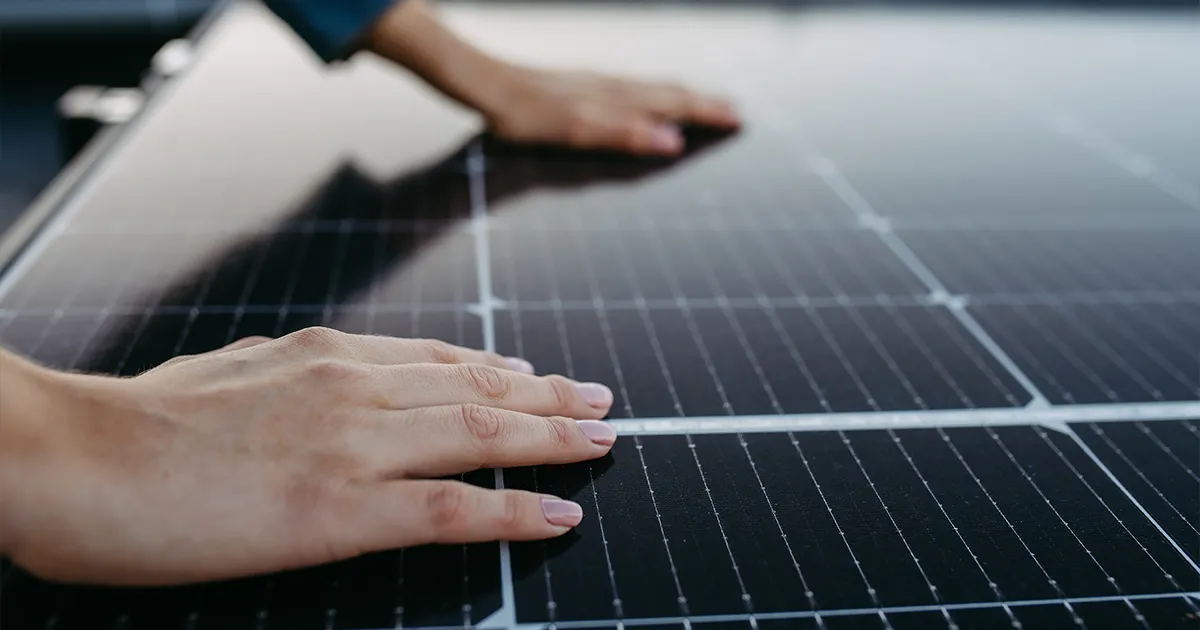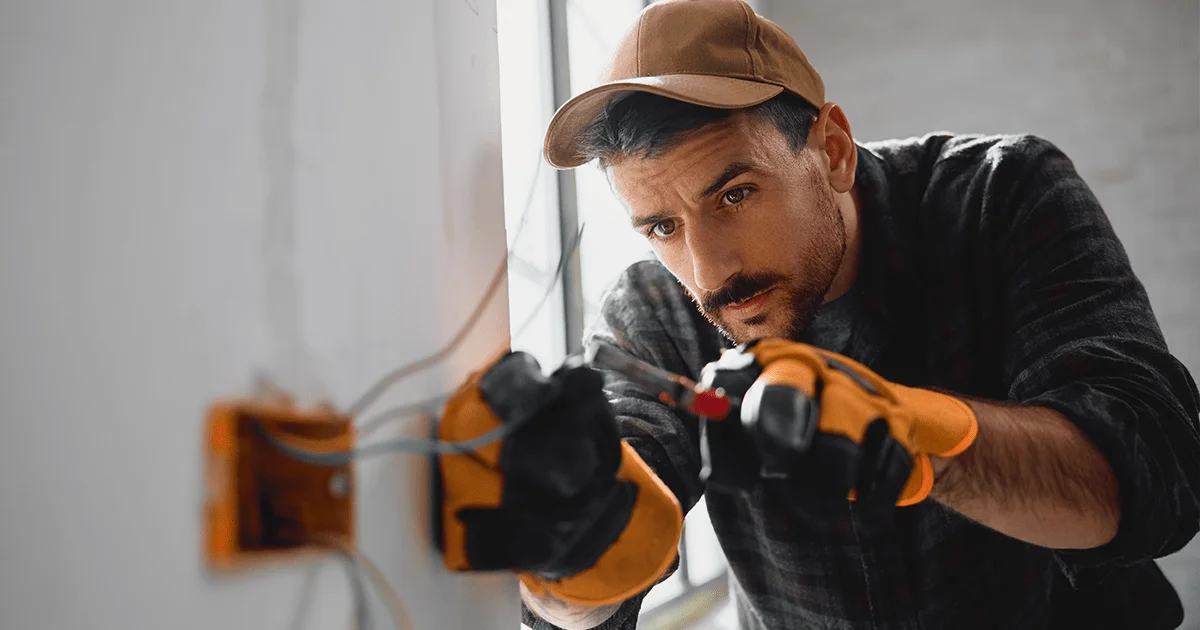En-masse electric vehicle (EV) adoption created a huge demand for EV charging infrastructure. The issue is quite pressing since the number of EV charging stations nationwide is still relatively low and cannot fully satisfy the demand.
The green energy transition is a golden opportunity for qualified electricians seeking fulfilling careers. Let’s delve deeper and find out why EV charging can become a goldmine for professional electrical workers.
The New Normal
At the dawn of the 21st century, electric vehicles were nothing but a futuristic concept. They looked like they came straight off the pages of a sci-fi novel or comic book.
Fast-forward a few years, and according to the International Energy Agency (IEA), the global EV stock reached over 10 million in 2020 alone!
Furthermore, governments worldwide are setting ambitious goals to eliminate the need for internal combustion engines and transition to much greener electric vehicles. The European Union, for example, aims to have at least 30 million EVs roaming the roads by 2030. North America is not falling behind! According to the U.S. Department of Energy, the United States surpassed two million on-road light-duty electric vehicles in 2021.
EV adoption is, therefore, skyrocketing worldwide, and it’s only a matter of time before electric vehicles become the ‘new normal.’
Incentives, Incentives, Incentives
The government plays a huge role in boosting EV adoption. By extension, it also allows for the growing demand for electricians in EV charging projects. After all, government incentives, including tax credits for EV purchases and grants for installing EV chargers, all accelerate the widespread electric vehicle transition.
Various states across the U.S. have different incentive programs in place. Some provide rebates, while others offer substantial grants for EV charging installations. In addition, the number of EVs continues to grow due to the U.S. federal government that provides a tax credit of up to $7,500 for EV purchases.
These factors combined create a favorable environment for electrical workers looking for more jobs in the industry. Perhaps it’s time for you to hop on that train as well?
The Struggle Is Real
While the rise of electric vehicles implies plenty of perks for both society and the environment, one of the biggest underwater rocks here is the lack of proper EV charging infrastructure. To that end, the U.S. government has pledged $7.5 billion to build a national network of 500,000 EV chargers by 2030. Achieving this ambitious goal is only possible with the help of qualified and experienced electricians, which, in turn, creates plenty of career opportunities for electrical workers.
And don’t think EV charging is only for commercial properties and public spaces. Residential consumers are just as eager to invest in EV charging station installations for home use. Hence, finding more EV charging projects to cover isn’t an issue, and skilled electricians have plenty of options to choose from.

Electrifying Opportunities for Electricians
Now that we’ve got the foreword out of the way let’s explore what it is that electricians could do within the EV charging industry:
- Installing EV charging stations. First and foremost, qualified electricians play an essential role in installing commercial, residential, or public stations alike. From wiring to connectivity and safety compliance, seasoned electrical service providers are invaluable to any EV charging project.
- Carrying Out Maintenance and repairs. Even cutting-edge EV chargers have a nasty habit of malfunctioning. This is where electricians come into play, as they troubleshoot charging stations, ensuring that they remain safe and operational at all times.
- Planning and Consulting. Installing an EV charger is challenging. It requires careful planning that considers electrical load, ease of use, and even potential scalability! Electricians often consult their clients on the optimal placement of their chargers.
Gear Up!
It’s all fine and dandy, but what does one need to capitalize on the EV charging boom to its fullest? If you’re an electrician looking to hone your skills and get certified to work with EV chargers, it’s best to seek proper industry training. We’re talking about things like electrical code compliance, safety practices, EV charging installations, etc.
The Electric Vehicle Infrastructure Training Program (EVITP) is one of the options you could consider. Proper training will improve your job prospects tenfold. It will allow you to set higher rates, keep your hand on the pulse of all the cutting-edge tech advancements, and learn everything you need to know about the industry standards.
Ready, Steady, Go!
Getting a job in the EV charging installation industry is a great way to stand out. The need for expert electricians is growing, so there’s no reason not to try yourself in this rapidly growing niche. As the number of electric vehicles continues to grow, so does the need for proper EV charging infrastructure.
With so many incentives in place, rebates, tax credits, and sheer government funding, the industry is evolving faster than you can say ‘Jack Robinson.’ Yes, there are certain drawbacks, and not everything goes as smoothly as planned. Then again, every great concept needs to overcome certain obstacles in order to triumph in the end.
Embark on a New Career Path
The ongoing EV boom presents a plethora of excellent opportunities for electricians. If you want to be part of the green revolution, it’s time to invest in specialized training, get certified, and get started!
And if you’re already looking for more electrical work near you, AroundWire is here to assist! Sign up and access tons of great electrical jobs for technicians of any skill level. EV charging or not – the assistance of electrical service providers will always remain in demand.




